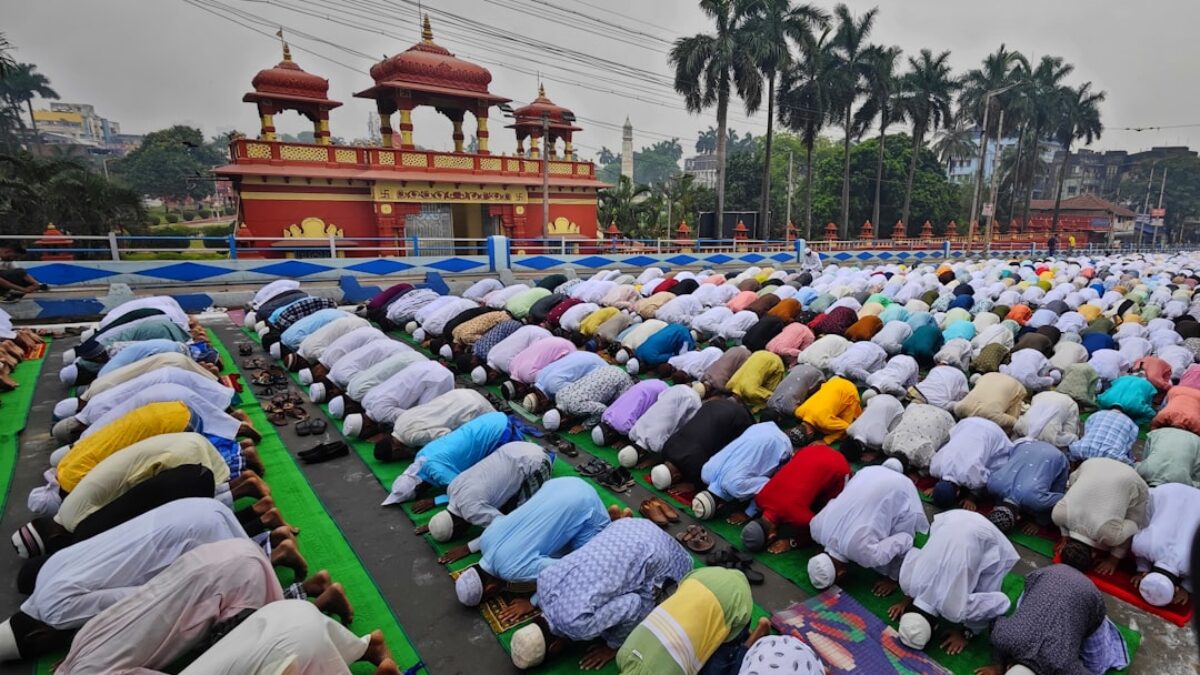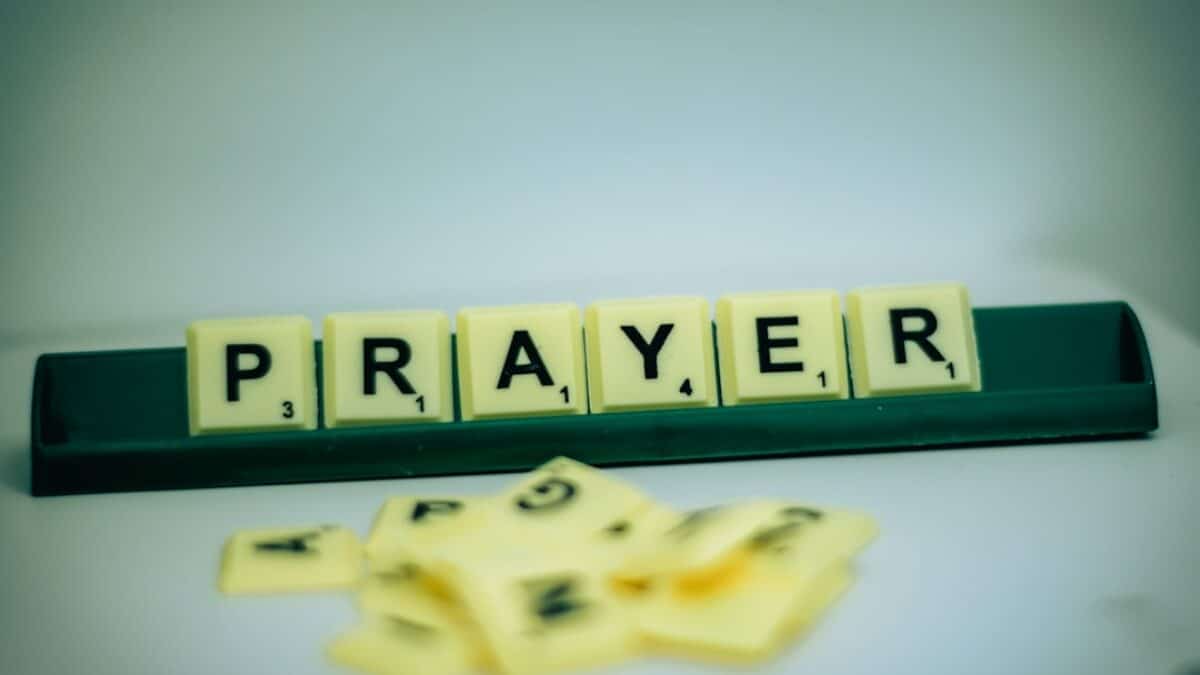Embarking on the journey of Islam is both a spiritual awakening and a practical lifestyle change. Among the first and most vital acts a new Muslim learns is the Salah—the formal prayer performed five times a day. Correctly performed, Salah becomes the axis around which a believer’s day revolves, nurturing discipline, mindfulness, and a living connection with Allah. For the newly-reverted Muslim, however, the rules, words, postures, and timings can feel overwhelming. This guide distills every essential rule into clear, step-by-step instructions, enriched with practical tips, common mistakes to avoid, and real-world scenarios. Let this article serve as your friendly companion from the first takbīr to the final salām.
Understanding Salah: Definition, Purpose, and Obligation
What Exactly Is Salah?
Salah is the second pillar of Islam after the testimony of faith (Shahāda). It is a prescribed liturgical prayer combining specific Arabic phrases, synchronized bodily movements, and a precise intention (niyyah). Unlike informal supplications (duʿāʾ), Salah follows a fixed format revealed to Prophet Muhammad ﷺ via the Angel Jibrāʾīl.
Why Is It Obligatory?
The Qur’an repeatedly commands believers to “establish prayer.” In Sūrah al-Baqarah 2:45 Allah says, “Seek help through patience and prayer; indeed, it is difficult except for the humbly submissive.” The Prophet ﷺ emphasized its weight by stating, “Between a servant and disbelief is the abandonment of prayer” (Muslim). Thus, for every adult Muslim—male or female, Arab or non-Arab—Salah is a non-negotiable daily obligation once its conditions are met.
The Five Daily Prayers
- Fajr – Dawn (two units/rakʿāt)
- Ḍuhr – Midday (four units)
- ʿAṣr – Afternoon (four units)
- Maghrib – Sunset (three units)
- ʿIshāʾ – Night (four units)
Key Components of Valid Salah
1. Spiritual Prerequisites
Purity of Intention (Niyyah)
The prayer begins in the heart. A silent, focused intention specifying which prayer you are about to perform is obligatory. For example, “I intend to pray the obligatory Ḍuhr prayer for Allah’s sake.”
Physical Purity (Ṭahārah)
- Minor ablution (Wuḍūʾ) is required for touching Qur’an, Ṭawāf, and—of course—every Salah.
- Major ablution (Ghusl) becomes necessary after major ritual impurity (e.g., marital relations).
- Clean clothing & place free from najāsah (impurity).
Covering the ʿAwrah
Men must cover from navel to knees at minimum; women must cover their entire body except face and hands (according to majority scholars).
2. Structural Pillars (Arkā)
- Takbīrat al-Iḥrām – Saying “Allāhu akbar” to commence prayer.
- Standing (Qiyām) – For those who are able.
- Recitation of al-Fātiḥah – Every rakʿah must contain it.
- Bowing (Rukūʿ) – With calmness and appropriate duʿāʾ.
- Prostration (Sujūd) – Twice per rakʿah, seven body parts touching the ground.
- Final Sitting (Tashahhud) – Reciting the testimony of faith and sending salutations on the Prophet ﷺ.
- Salām – Turning the head right and left to end the prayer.
3. Obligatory Acts (Wājibāt)
Missing any wājib act does not invalidate the prayer but requires Sujūd al-Sahw (prostration of forgetfulness) to correct.
- Additional takbīrs in Eid prayers.
- Reciting any additional sūrah after al-Fātiḥah in the first two rakʿāt of Fajr, Maghrib, and ʿIshāʾ.
- First tashahhud in prayers that have more than two rakʿāt.
4. Recommended Acts (Sunnah & Mustaḥabb)
- Raising hands to earlobes at takbīrat al-iḥrām.
- Placing right hand over left below the navel.
- Reciting Qur’an softly in Ẓuhr and ʿAṣr.
- Adding personal duʿāʾ in prostration, after tashahhud, and before salām.
Benefits and Importance of Salah
Spiritual Benefits
- Direct conversation with Allah five times daily.
- Forgiveness of minor sins, as stated by the Prophet ﷺ likening the five prayers to bathing in a river five times daily.
- Shield against immorality and wrongdoing: “Indeed, prayer prohibits immorality and wrongdoing” (Qur’an 29:45).
Psychological & Social Benefits
- Time management – Structuring the day around prayer times increases productivity.
- Community cohesion – Congregational prayers foster brotherhood and sisterhood.
- Mental clarity – Regular breaks for mindfulness reduce anxiety and improve focus.
Reward in the Hereafter
Salah is the first deed examined on the Day of Judgment. If it is sound, all other deeds will be illuminated; if it is deficient, the remaining deeds will follow suit. Thus, perfecting it is the highest investment a believer can make.
Practical Applications: Step-by-Step Salah Guide
Step 1: Check the Time & Set Your Intention
Use a reliable prayer timetable or mobile app. Upon hearing the adhā(call to prayer), silently form your niyyah.
Step 2: Perform Wuḍūʾ Correctly
- Intention: “I intend to remove ritual impurity for Allah’s sake.”
- Wash hands up to wrists three times.
- Rinse mouth & nose three times each.
- Wash face from hairline to chin, ear to ear.
- Wash arms up to elbows.
- Wipe head once, including ears.
- Wash feet up to ankles, ensuring water reaches between toes.
Tip: Recite the duʿāʾ after wuḍūʾ for added reward: “Ashhadu an lā ilāha illallāh….”
Step 3: Dress & Face the Qiblah
Ensure clothing is modest and clean. Stand on a prayer rug facing the Kaʿbah in Makkah (use a compass app if unsure).
Step 4: Commence with Takbīr & Recitation
- Raise hands and say “Allāhu akbar”.
- Place right hand over left.
- Open with Duʿāʾ al-Istiftāḥ (optional): “Subḥānaka Allāhumma….”
- Recite al-Fātiḥah slowly, then any short sūrah (e.g., al-Ikhlāṣ).
Step 5: Bowing (Rukūʿ)
With “Allāhu akbar,” bend at the waist, grasp knees, keep back straight. Say “Subḥāna Rabbiya l-ʿAẓīm” three times.
Step 6: First Prostration (Sujūd)
Return to standing, then prostrate—forehead, nose, palms, knees, and toes on the ground. Say “Subḥāna Rabbiya l-Aʿlā” three times.
Step 7: Second Prostration & Sitting
Sit briefly on your left foot (jalsah) before the second sajdah, then repeat prostration.
Step 8: Second Rakʿah & Tashahhud
Stand up for the next rakʿah. After the final rakʿah, sit and recite al-Tashahhud, ṣalawāt on the Prophet ﷺ, and any personal duʿāʾ.
Step 9: Conclude with Salām
Turn your head right: “As-salāmu ʿalaykum wa raḥmatullāh.” Then left with the same greeting. Prayer complete!
Common Real-World Scenarios
Scenario 1: Missing a Rakʿah in Congregation
If you join the congregation late, make up the missed rakʿāt after the imam ends. Example: Join Ḍuhr in the third rakʿah—stand up after salām and pray one rakʿah alone with additional standing recitation.
Scenario 2: Accidental Omission
If you forget to recite additional sūrah, perform Sujūd al-Sahw at the end before salām.
Scenario 3: Traveling (Qaṣr & Jamʿ)
When traveling 85+ km, shorten four-unit prayers to two units (qaṣr). Combine Ẓuhr & ʿAṣr or Maghrib & ʿIshāʾ at either time (jamʿ). Consult a scholar for specific conditions.
Frequently Asked Questions
What if I forget the Arabic words?
Initially, you may carry a transliteration card or use an audio app. Over time, memorize al-Fātiḥah phonetically, then word-by-word. Allah rewards effort, not eloquence.
Can I pray sitting if I have chronic knee pain?
Yes. For a permanent inability, you may perform all postures sitting on a chair, gesturing with your head for rukūʿ and sujūd. If the pain is temporary, stand as long as possible, then sit.
How accurate must the Qiblah direction be?
The Shariah allows a reasonable margin of error. Smartphone apps or mosque orientation usually suffice. In remote areas, face the general direction (east, west, etc.) and pray; Allah will accept.
Is it permissible to combine prayers due to work shifts?
Only under valid excuses such as travel, severe illness, or extreme circumstances. A regular 9-to-5 job does not qualify unless you face genuine hardship; consult a local scholar.
What should women do when menstruating?
Menstruating women are exempt from prayer until the bleeding stops, after which they perform ghusl and resume. The missed prayers
























Post Comment